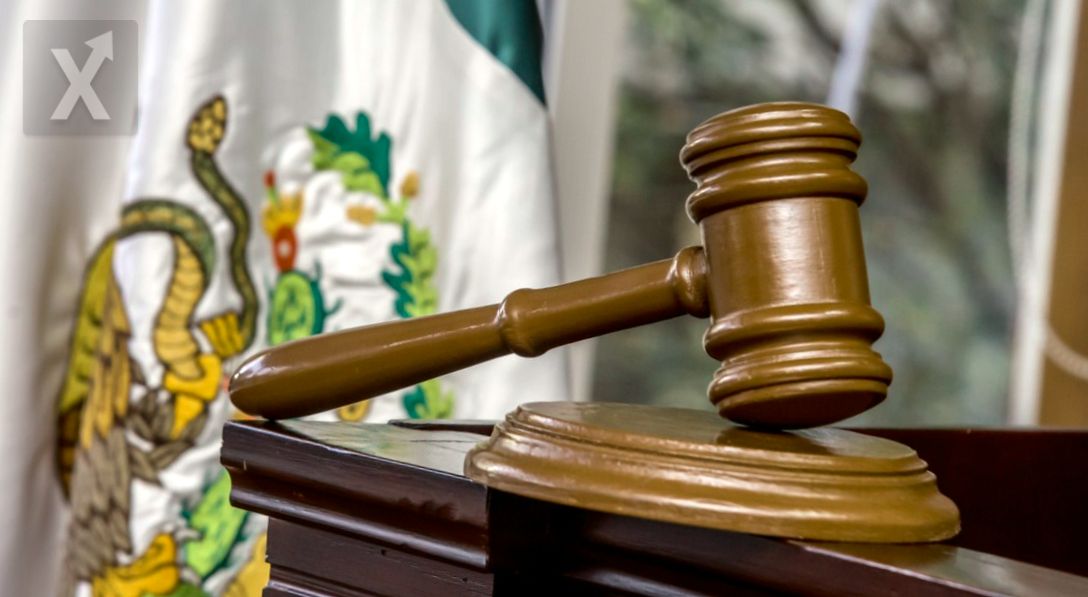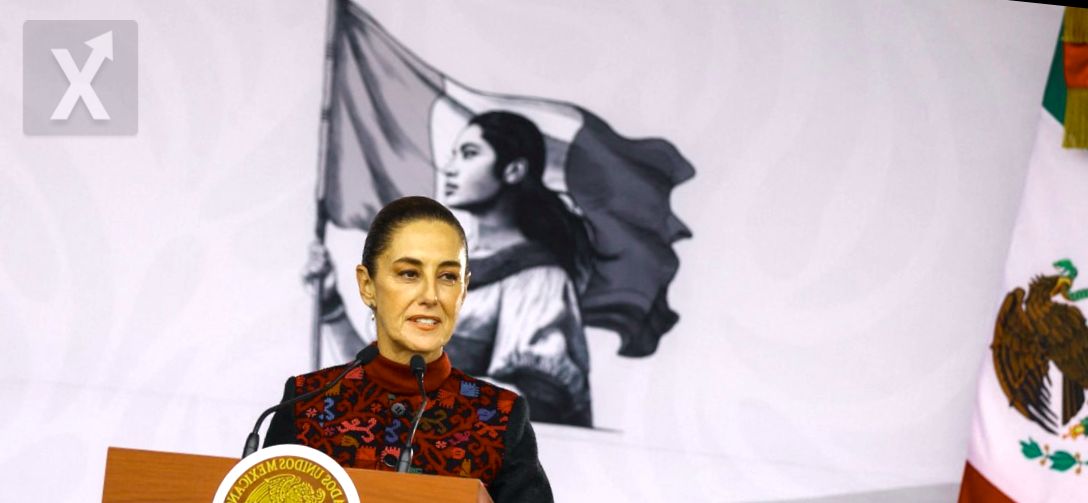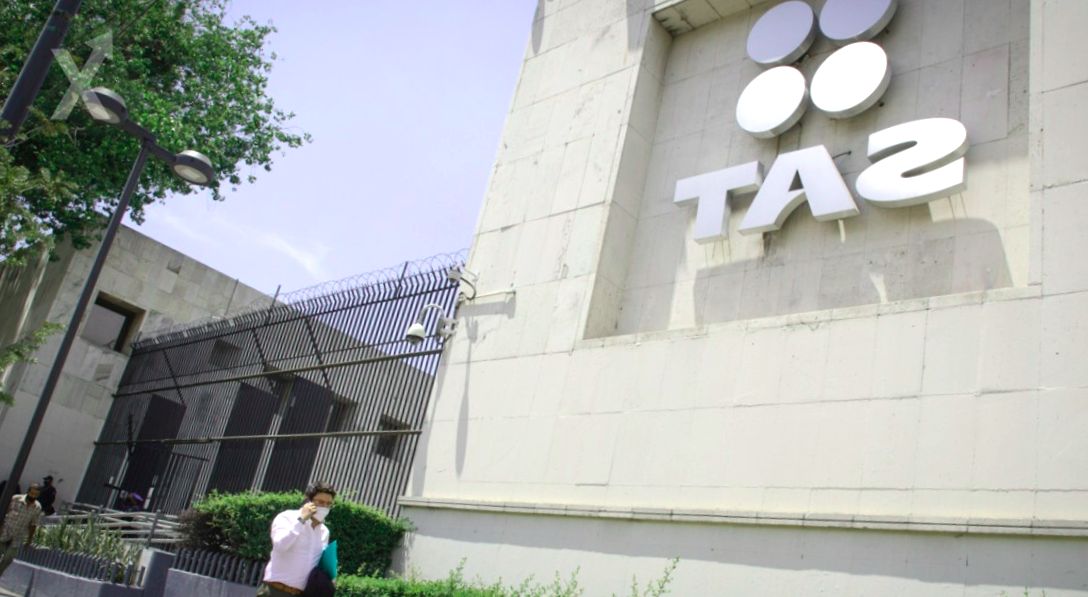During AMLO’s Six-Year Term, 2,533 Tax Officials Were Accused of Crimes

During the administration of Andrés Manuel López Obrador (AMLO), the Tax Administration Service (SAT) reported to the Public Prosecutor’s Office (MP) and the Internal Control Body (OIC) about 2,533 of its officials who were involved in various crimes and administrative offenses. Compared to the administration of Enrique Peña Nieto, where 4,392 public servants were referred to the MP or the OIC, this represents 1,859 cases less during AMLO's term.
However, this does not imply that the effort in combating crimes within the SAT is better or worse, according to experts consulted by Expansión. It’s important to mention that it is the SAT itself that supervises its employees, and, depending on the situation, refers public servants to the authorities or the OIC. “In the last 10 to 15 years, the SAT has been committed to combating irregular internal practices. We must take into account that the number of officials is significantly lower than in previous years,” said Luis Pérez de Acha, founding partner and director of the Pérez de Acha e Ibarra de Rueda firm. He also noted that the previous term included two lost years due to the pandemic (2020 and 2021). Gabriel Pérez del Peral, an academic at the School of Government and Economics at the Panamerican University (UP), mentioned that “investigation files are judicialized for political reasons; this judicialization has been used as a political instrument, which explains the reduction in complaints against SAT officials.” Among the most common crimes that lead officials to be referred to the authorities are document forgery, fraud, use of false documents, and, most frequently, Illegal Access to Computer Systems and Equipment, as well as the illicit exercise of public service, according to data from the SHCP. The situation of illegal access to computer systems and equipment “may indicate that information was stolen, taxpayers with debts were erased, or improper actions were taken with access to the SAT database, which is serious,” lamented Pérez de Acha. The notable difference between the number of officials sent to the OIC and to the justice system is due to the fact that “demonstrating an administrative offense is much simpler than in the criminal realm,” clarified Pérez de Acha. “Corrupt officials tend to hide their acts of corruption,” he added. To effectively combat corruption, one of the key factors is better enforcement of the laws. “The penalties are severe; what is missing are investigation mechanisms, strengthened internal procedures, and follow-up, as well as anonymous complaints,” Pérez de Acha emphasized. “It is essential to refine processes and apply appropriate sanctions,” he stressed, noting that any investigation and procedure must guarantee the rights of the accused, starting with the presumption of innocence. Another challenge involves a public management aspect known as "compliance," which relates to transparency, accountability, and guiding public management toward results, which is essential for reducing corruption and fiscal crime rates, according to Pérez del Peral. In this area, the UP academic pointed out that greater coordination is needed between the Secretariat of Public Function (SFP), the Ministry of Finance, and the SAT. The SFP supervises all regulations related to the public sector and government management, Pérez del Peral explained. Additionally, another challenge for the tax authority lies in customs, especially in the fight against corruption and in training personnel. “If the Navy and the Defense are going to be allowed to supervise customs, it is essential to accelerate customs training and prepare customs tax officials,” argued Pérez del Peral.
It is crucial that the institutions responsible for auditing and public administration strengthen their internal control processes and training. Only then can efficient and transparent management be guaranteed, which could improve citizens' trust in the system and contribute to the country’s economic development. The implementation of anonymous complaint mechanisms and a commitment to transparency are crucial steps to eradicating corrupt practices within the SAT and other institutions.




